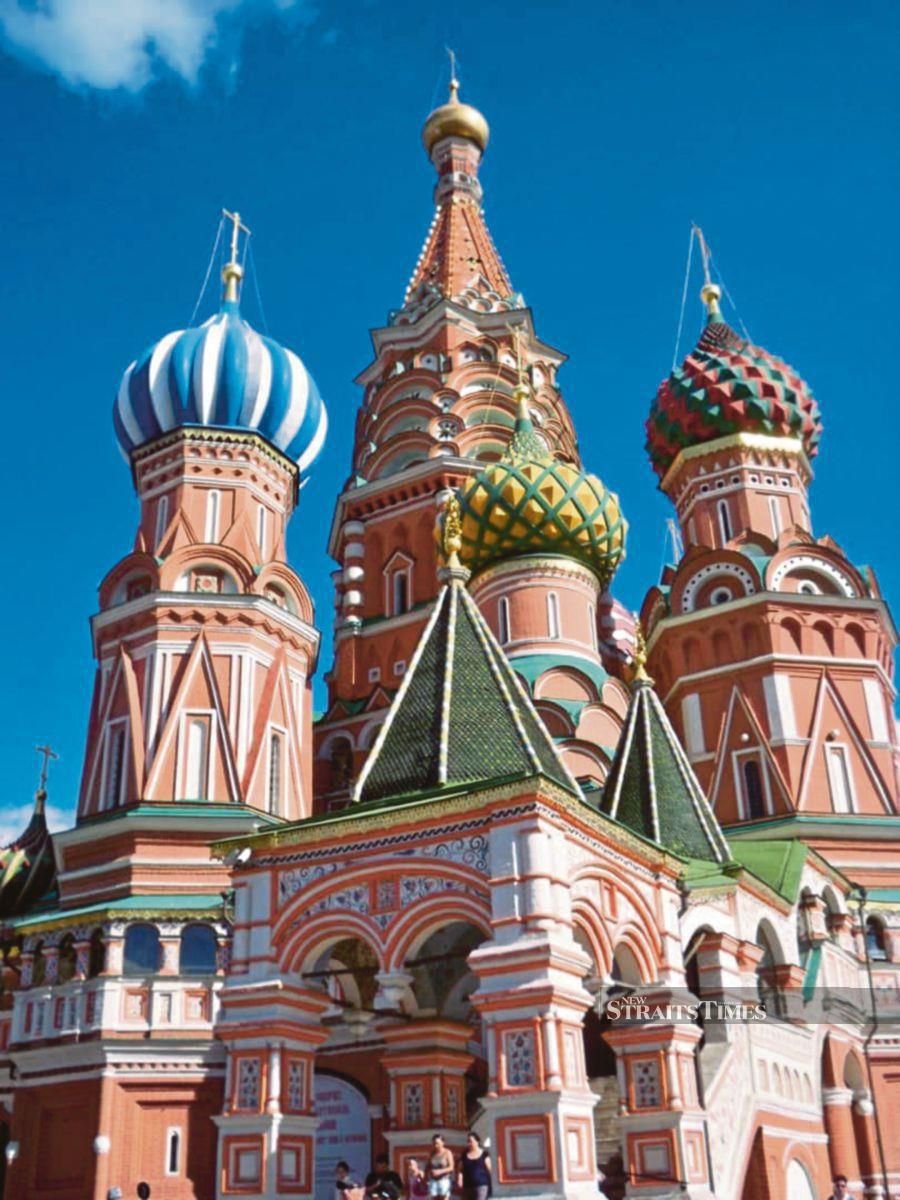Russian poet Alexander Pushkin, who assessed the influence of the conquest of Russia by the Tatars in the 13th century, once said: "The Tatars are not the same as the Moors. By conquering Russia, they never gifted it with algebra or Aristotle."
The Moors (Muslims), who once conquered several regions in Europe, including Spain, brought science (algebra) and philosophy through the translations of the works of ancient Roman and Greek philosophers whose original manuscripts were later lost.
There are many more contributions of Muslims to world civilisation.
Let's start with coffee. According to one legend, an Arab named Khalid herded sheep in the Kaffa region of southern Ethiopia and realised that the animal became more energetic it ate certain fruit.
After noticing this, Khalid made his first coffee. Some say that coffee beans were exported from Ethiopia to Yemen. In the 15th century, coffee was already brought to Mecca and Turkey, from where it was brought to Venice in 1645.
For England, coffee beans were brought by the Turk Pasqua Rosée in 1650. He opened the first coffee shop in Lombard Street, London.
The journey of the word "coffee" is quite long. The Arabic word qahwa became the Turkish word kahve. The Italians borrowed it as caffè, then the British spelled it as coffee and it became kopi in Malay.
Interestingly, the idea of vaccination was first proposed not by Jenner and Pasteur, but by Muslims. In Europe, the technique came from Turkey in 1724 when a British ambassador's wife observed the procedure. This means Turkish children had been getting vaccinated against smallpox more than 50 years before Europeans discovered vaccination.
Next, the game of chess was known in ancient India, but the game was very different from what we know today. The modern version of chess appeared in Persia and from there, it spread to the West. In the 10th century, the game was introduced in Spain by the Moors.
Another invention — torpedoes and missiles. Although the Chinese invented gunpowder and used it in fireworks, Arabs cleaned it with potassium nitrate and started using it for military purposes.
By the 15th century, they invented a rocket called a "self-moving burning egg" and a torpedo that was a pear-shaped bomb that moved using an arrow at the tip that exploded.
When it comes to surgical instruments, many modern surgical tools, including the scalpel, medical saw, forceps and fine scissors, look similar to those used by Muslim surgeon al-Zahrawi.
In the 13th century, 300 years before William Harvey's time, Islamic physician Ibn Nafis described the process of blood circulation. Muslim doctors created anaesthetics and hollow needles for cataract extraction.
Perhaps the numbering system used around the world originated in India, but the form of numbers is Arabic and first appeared in print in the works of Muslim mathematicians al-Khawarizmi and al-Kindi in 825.
The word algebra can be traced to the name of a book by al-Khawarizmi Al-Jabr wa-al-Muqabilah, and the principles mentioned in it are still in use.
The work of Islamic mathematicians, including on algorithmic theory and trigonometric theories, came to Europe only after 300 years. The frequency analysis discovered by al-Kindi was used as the basis for the development of modern cryptography.
The sharp arcade is a feature of European Gothic cathedrals, but the idea for the arcades was borrowed from Islamic architecture.
It is more powerful than the semi-circular arcades used by the Romans and Normans, thus allows for the construction of taller and more complex buildings. Europeans also borrowed Islamic ideas for the design of ribbed domes and small round windows.
The shape of the dome can be seen, for example, in the beautiful Saint Basil's Cathedral in the Red Square in Moscow.
The writer, writing from Russia, is a former lecturer of University Malaya
The views expressed in this article are the author's own and do not necessarily reflect those of the New Straits Times


